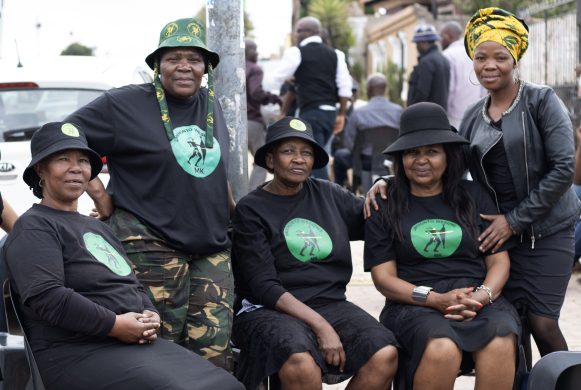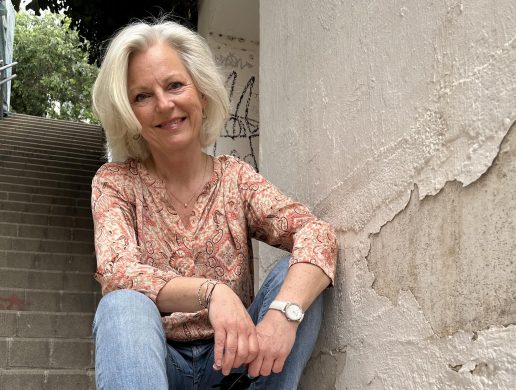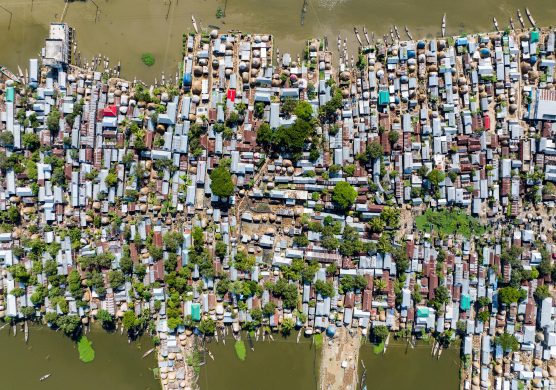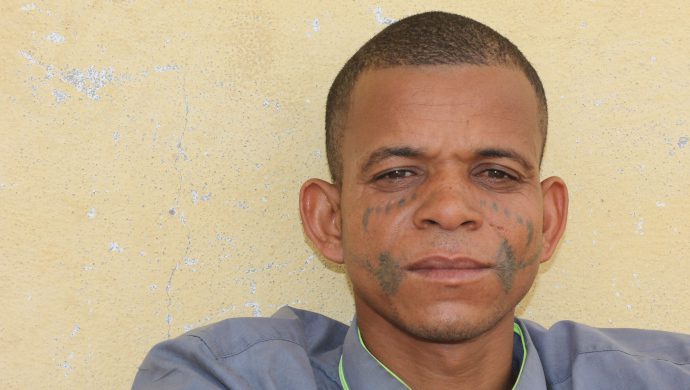Omkring 1 mia. mennesker fra udviklingslandenes slumkvarterer har øget risiko for at blive ramt af jordskred og oversvømmelser ved klimaændringer
Sao Paulo, 31. maj, 2011 According to a new study from the World Bank, “Climate Change, Disaster Risk and the Urban Poor,” exposure to risk is often exacerbated by several factors common to urban slums including lack of adequate infrastructure and services, unsafe housing, inadequate nutrition, and poor health.
“For too many poor people living in cities, frequent floods and landslides are already a fact of life. Climate change will make this worse. We must put cities on the front line of the struggle to adapt to climate change and reduce the risk of natural disasters,” said World Bank Group President Robert B. Zoellick, who will address the Sao Paulo Summit on June 1.
Many cities are already building climate change risks into urban planning and city management,” Zoellick added. “But this is a mammoth task that is going to take local, national and international cooperation as well as strong financial support for local governments around the world.”
The study, which was presented today at the C40 Large Cities Climate Summit in Sao Paulo, recommends planning for risks at the community level, building institutional capacity to deliver basic services, integrating disaster risk reduction policies for the poor into urban planning, linking communities and local governments to work together, and opening new finance opportunities for cities.
The study was prepared for The Mayor’s Task Force on Climate Change, Disaster Risk and the Urban Poor, an initiative launched by Zoellick and the mayors of Dar es Salaam, Jakarta, Mexico City, and Sao Paulo at the 2009 UN Climate Summit in Copenhagen.
Læs videre på: http://web.worldbank.org/WBSITE/EXTERNAL/NEWS/0,,contentMDK:22927727~pagePK:64257043~piPK:437376~theSitePK:4607,00.html














